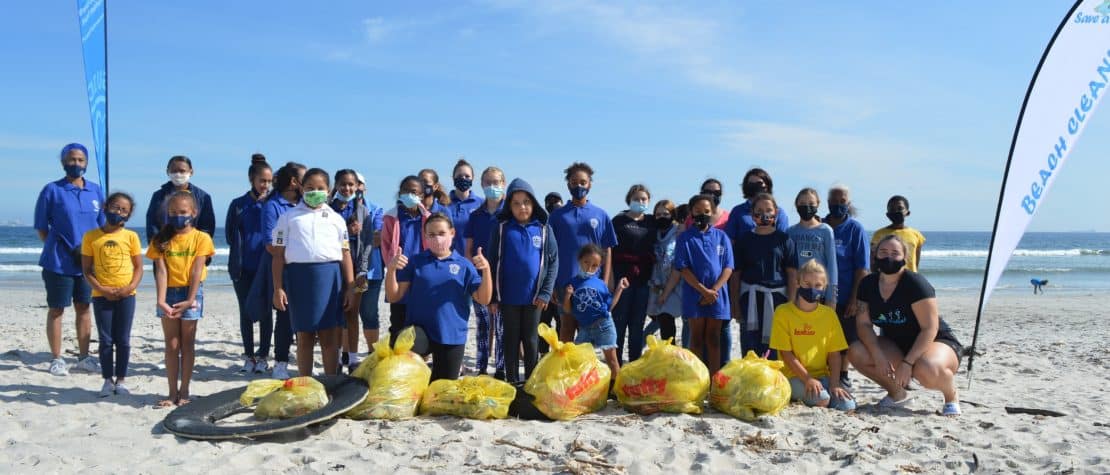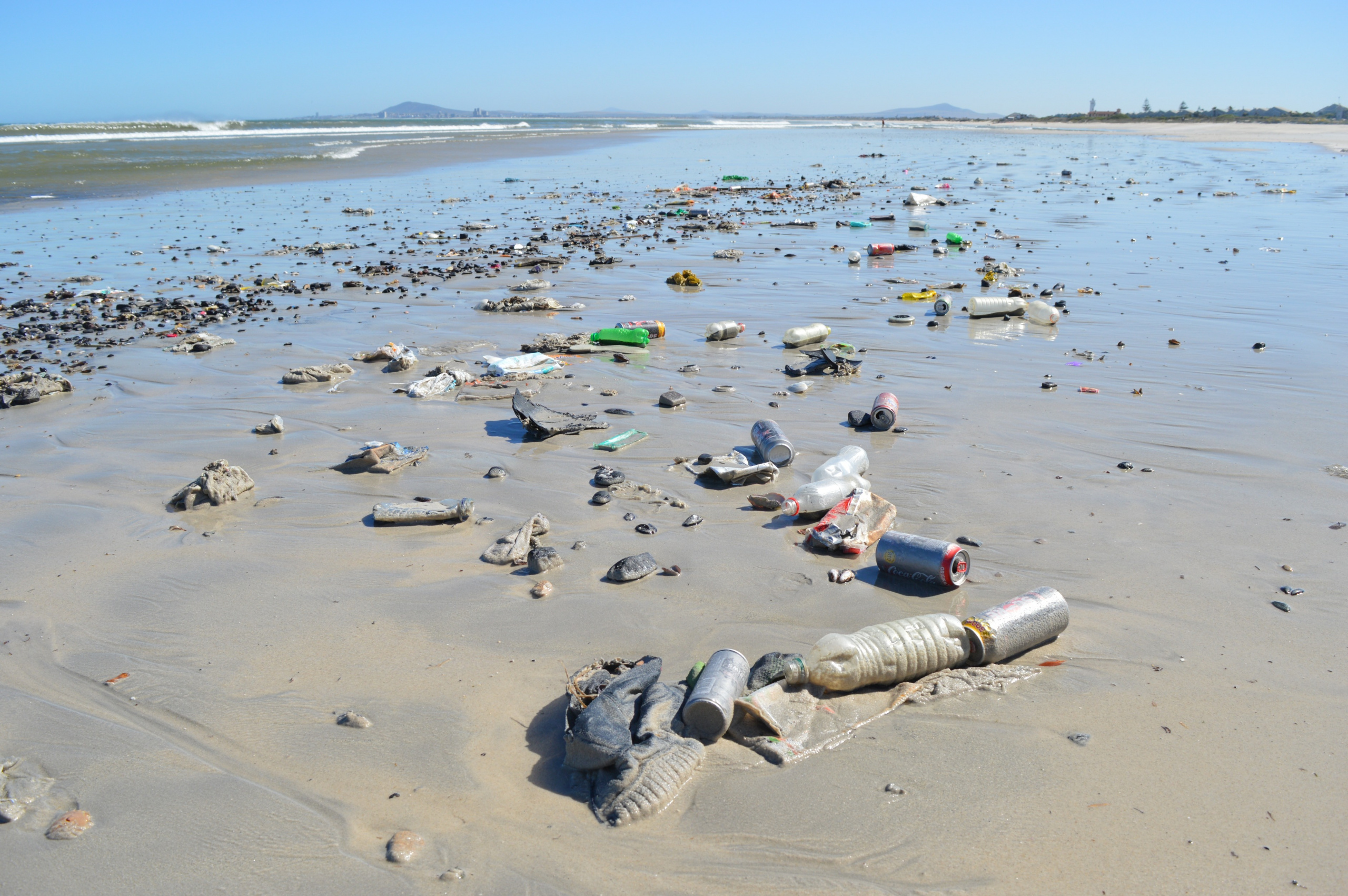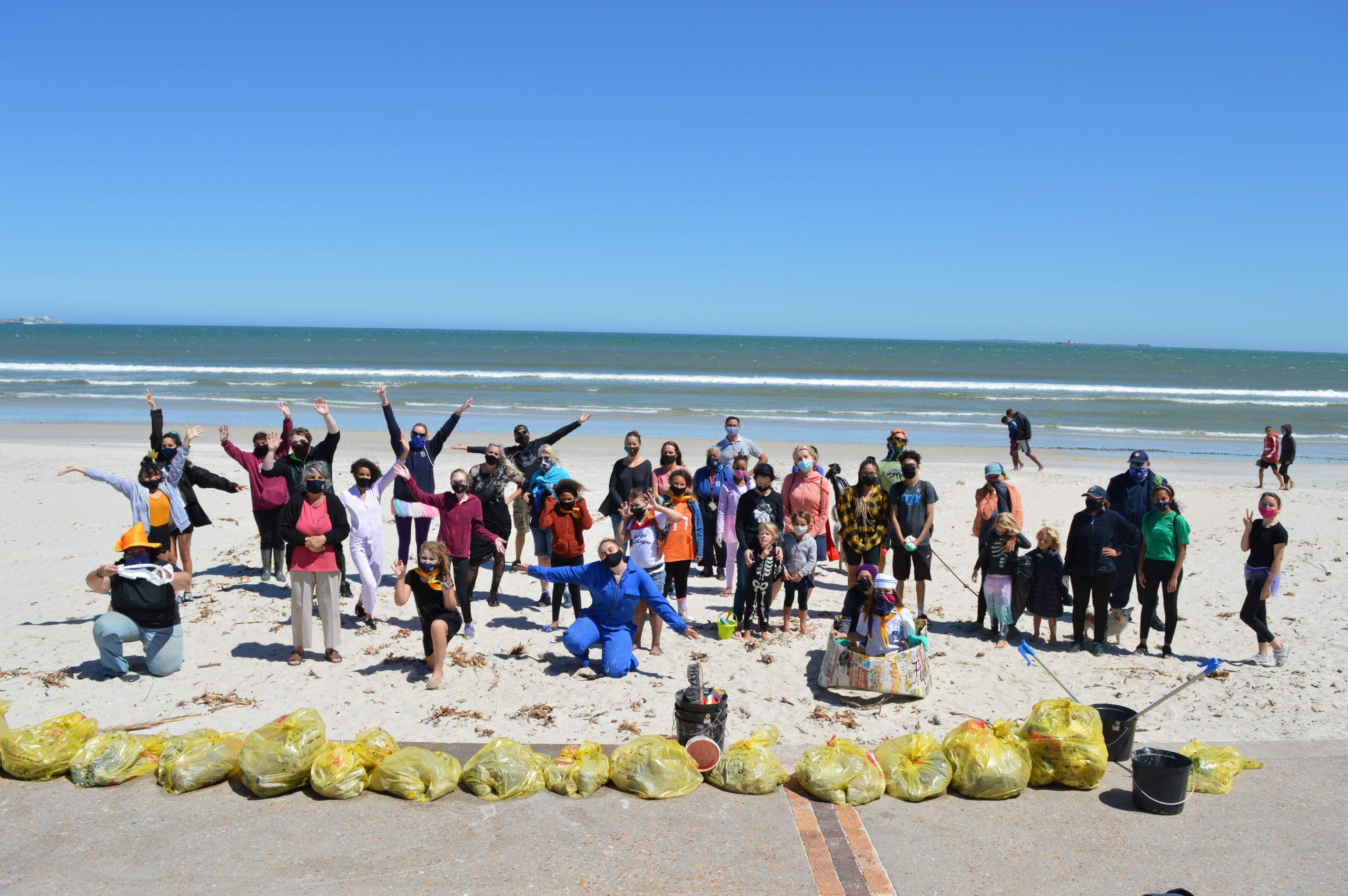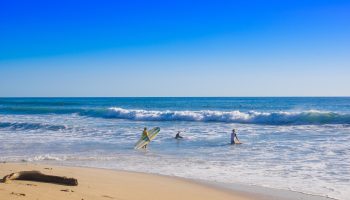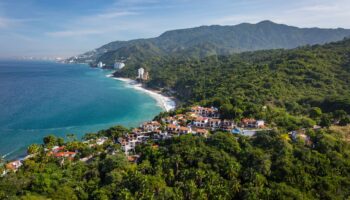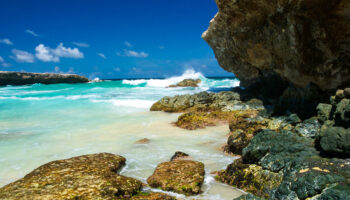While many 21-year-olds are just learning to navigate life, focused on college and building a career or figuring out what they want to do with their future, Zoë Prinsloo isn’t one of them. At the age of 16, the Cape Town, South African resident founded Save a Fishie, a non-profit organization focused on beach cleanups. Less than five years later, in December 2023, she set a world record for the longest beach clean-up, spending 27 hours at Milnerton Lagoon Beach. Her goal wasn’t fame and fortune, but creating awareness of environmental issues.
It all began when Prinsloo was just 12, explaining to local news24 that she was shocked at how many unnecessary single-use plastic items like straws were on the beach and began doing regular cleanups. The literal “last straw, ” she says, was a video of a turtle that had a straw deeply embedded in its nose. At that moment, she vowed never to use plastic straws again.
Saving the Fishies
As South Africa is the largest producer of plastic waste on the African continent, accounting for more than 2 percent of the world’s ocean pollution, the environmental activist embarked on a mission to clean beaches along the entire 1,770-mile coastline.
With marine life drowning in plastic waste, estimated to cause the deaths of at least 100,000 marine animals every year, not to mention the harmful impact on the world’s natural wonders, communities and landfills, Prinsloo is making a difference.
In 2023, she and her ‘Save a Fishie’ friends traveled over 4,900 miles from the west to the east coast of South Africa and back, cleaning up 111 beaches along the way. In the process, they collected nearly 3,000 kilograms, over 6,600 pounds of trash. That’s more than the weight of an African elephant, with everything from plastic bottle tops and toothbrushes to lollipop sticks and virtually every other type of litter you can imagine.
Raising Awareness
Local organizations and educational partners support Prisloo’s mission with her campaign aiming to raise awareness on a national level. She works closely with many schools to promote a shared sense of responsibility and awareness about how plastic pollution affects our oceans, marine life and human health. With the plan to post science-based data collected by citizens on the variety and quantity of plastics that are collected publicly on the Save a Fishie website, she’s ultimately spreading the word across the globe.
Recognition
Beyond her world record, the City of Cape Town honored Prinsloo with the Mayor’s Medal in 2023. Her persistent dedication has earned her many accolades over the years. In 2021 she was named one of the Top 100 African Youth Conservation Leaders and 2019 saw her become a finalist for the prestigious Plastics SA Cleanup and Recycle SA Caroline Reid Eco Warrior Award and be selected to attend New York City’s United Nations Youth Climate Summit.
Private organizations have recognized the eco-champion too, including John Dory’s restaurant group. Aligned with its Zero Waste initiative, the company stepped up to support Save a Fishie, noting that her efforts are in line with its purpose of “leading for the greater good” by encouraging the public to protect the environment.
What You Can Do
Save a Fishie encourages us all to say “no” when offered single-use plastic items like straws, using eco-friendly items instead, such as metal or bamboo straws. There are many alternatives to plastic items today from bamboo toothbrushes to bags made using 100 percent recycled plastic bottles.
Limiting your use of all types of plastic is important with roughly 80 percent of marine plastic pollution originating on land. Carrying a reusable water bottle is really a must, helping to reduce the approximately 60 million plastic bottles tossed in the trash every day in the U.S. alone. Single-use plastics like grocery bags, coffee cup lids, disposable cutlery and plastic wrap are just some of the others that can be replaced with reusable items.
Can you imagine a world where everyone did their part? Not only would our beaches and oceans be much cleaner, but marine life would thrive, and ultimately, we’d all be healthier and probably happier too. Even small actions can create ripples of transformation.
Tags: Cleanup, South Africa
